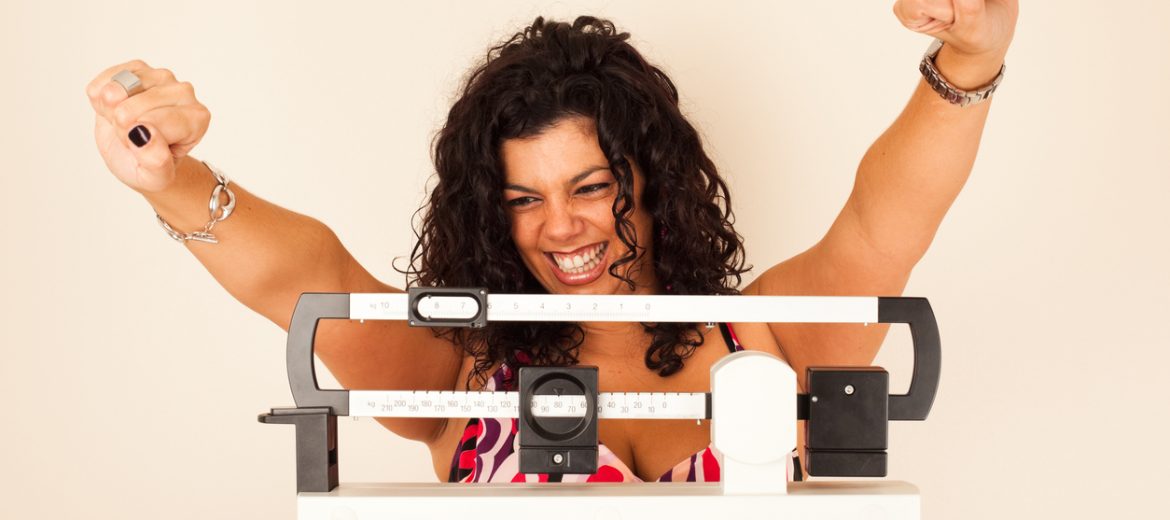Why Follow Up Care is A MUST for Long-Term weight Loss Success

A large number of people who go through bariatric surgery do well for a while, and then regain their weight. A small percentage of this is due to a physical cause related to the surgery, or a new illness. For the majority of people, weight regain is the lack of follow up care.
Getting into a comfort zone after surgery can lead to bariatric failure
Bariatric surgery is a tool, not a cure. If you fail to make behavioral changes and commit to a new life way of life, you will inevitably regain weight gain.
Research shows many people do well after surgery because of:
- Initial adjustment to the surgery,
- Enthusiasm for success
- High levels of self-motivation.
However, over time, it’s normal to lose sight of this initial motivation. While you may not yet have reached your ideal weight, you will be much lighter and may even have resolved some of your comorbid conditions. This could cause you to become complacent and settle into a comfort zone.
Follow up care will help you overcome old eating habits
One of the biggest hurdles that bariatric patients have to overcome is old eating habits. You will likely experience an incredibly strong pull back to your old eating habits. This is because you have forged those habits over many years, they are comfortable and familiar, and they just feel right. Think of your old eating habits as your default settings. You will want to revert to these default settings when under stress or when you reach your weight loss goal.
Weight maintenance means resisting the urge to slip back into old eating patterns. It’s an ongoing process that may be difficult in the beginning. However, as you learn and practice new eating patterns, they become second nature to you. Over many months and years, you can adjust your default settings.
Follow up is especially necessary when you reach your weight loss goal
The point at which you reach your weight goal is especially delicate. This is because at that point, you will start to feel like “everyone else.” While you will appear like everyone else on the outside, it is important to remember that your food addiction puts you in danger. Do not ever lose sight of that fact, or you will slip back into your old habits.
If you are not getting follow up care, do so now
Many patients have lost weight while dieting and regained it many times. If that is your story, do it differently this time by seeking support from a bariatric surgery support program.
Tri-State Bariatrics support program is a multidisciplinary team made up of surgeons, a psychiatrist, nurse practitioners, registered dietitians, and nurses. Each team member will aide you in your journey and provide guidance and support to help you reach your weight loss goal and long-term maintenance.












